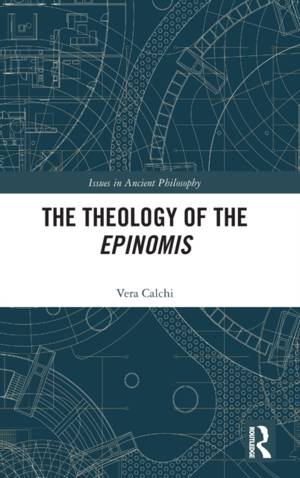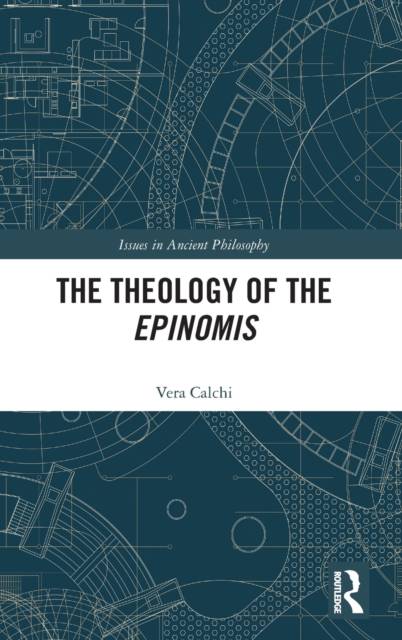
- Afhalen na 1 uur in een winkel met voorraad
- Gratis thuislevering in België vanaf € 30
- Ruim aanbod met 7 miljoen producten
- Afhalen na 1 uur in een winkel met voorraad
- Gratis thuislevering in België vanaf € 30
- Ruim aanbod met 7 miljoen producten
Omschrijving
This is the first monograph devoted to the theology of the Epinomis. It argues that the work offers a revised Platonic conception of the divine better suited to the political-religious imperatives of the post-Classical age.
The Epinomis is the 'appendix' to Plato's Laws likely written by Plato's student and disciple, Philip of Opus, who is believed to have taken care of the arrangement and posthumous editing of the Laws into twelve books. Through a comprehensive analysis of the Epinomis' lexicon, and comparisons with the Corpus Platonicum, Vera Calchi offers readers an insight into the Epinomis' philosophical and historical context, purpose, and legacy. Calchi argues that Philip effectively reshapes Plato's metaphysical language into a theology premised on the immanence of God in the heavens. The resulting account of God's providential activity in the cosmos, which offers a new way of thinking about morality and political order, can be regarded as a major step towards the cosmic theology of the Hellenistic period.
The Theology of the Epinomis is suitable for students and scholars of ancient philosophy, particularly those working on the Epinomis and Platonic philosophy. It will also be of interest to those studying the history of religion and theology in antiquity.
Specificaties
Betrokkenen
- Auteur(s):
- Uitgeverij:
Inhoud
- Aantal bladzijden:
- 204
- Taal:
- Engels
- Reeks:
Eigenschappen
- Productcode (EAN):
- 9780367683214
- Verschijningsdatum:
- 16/12/2022
- Uitvoering:
- Hardcover
- Formaat:
- Genaaid
- Afmetingen:
- 156 mm x 234 mm
- Gewicht:
- 494 g

Alleen bij Standaard Boekhandel
Beoordelingen
We publiceren alleen reviews die voldoen aan de voorwaarden voor reviews. Bekijk onze voorwaarden voor reviews.











